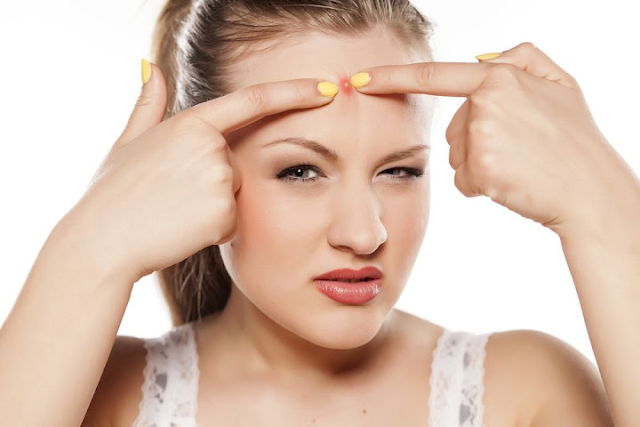Acne is one of the most common cosmetic problems that can be solved by means of modern treatment methods – from medicinal treatment to various cosmetic procedures. The effectiveness of acne treatment is based on the understanding of the real causes behind this condition – hormonal shifts happening during puberty and pregnancy, endocrine disorders, genetic predisposition, use of certain medications, or unhealthy diet. Therefore, complex treatment involving topical and oral preparations, cosmetic procedures and proper diet could help fight acne. More information about medications treating acne can be found on www.drugs-med.com.
Many treatment options for acne are available, including lifestyle changes, medications, and medical procedures. Eating fewer simple carbohydrates such as sugar may help. Treatments applied directly to the affected skin, such as azelaic acid, benzoyl peroxide, and salicylic acid, are commonly used.
Antibiotics and retinoids are available in formulations that are applied to the skin and taken by mouth for the treatment of acne However; resistance to antibiotics may develop as a result of antibiotic therapy. Several types of birth control pills help against acne in women. Isotretinoin pills are usually reserved for severe acne due to greater potential side effects. Early and aggressive treatment of acne is advocated by some in the medical community to decrease the overall long-term impact to individuals.
Topical preparations used for acne treatment include:
Many treatment options for acne are available, including lifestyle changes, medications, and medical procedures. Eating fewer simple carbohydrates such as sugar may help. Treatments applied directly to the affected skin, such as azelaic acid, benzoyl peroxide, and salicylic acid, are commonly used.
Antibiotics and retinoids are available in formulations that are applied to the skin and taken by mouth for the treatment of acne However; resistance to antibiotics may develop as a result of antibiotic therapy. Several types of birth control pills help against acne in women. Isotretinoin pills are usually reserved for severe acne due to greater potential side effects. Early and aggressive treatment of acne is advocated by some in the medical community to decrease the overall long-term impact to individuals.
Topical preparations used for acne treatment include:
- Retinoids – a group of medications suppressing the activity of the sebaceous glands, they also have anti-inflammatory and antimicrobial effects. Retinoids are usually manufactured in the form of gels.
- Azelaic acid. It has marked anti-inflammatory and antimicrobial properties, helps reduce pigmentation and positively influences the processes of hair follicle keratinization.
- Ointments, creams and gels containing antibiotics such as erythromycin and clindamycin are applied to the inflamed areas 2-3 times a day.
- Preparations with peeling effect - topical creams and gels with glycolic acid or salicylic acid, sulfur, or adalapene. Peeling preparations contribute to normalization of the sebaceous gland function.
- Isotretinoin sold under the brand-name Roaccutane, a retinoid for the systemic use. It is administered only in patients with the cystic acne. It’s a highly effective medication; however, it has certain contraindications and serious side effects. Therefore, its use should be thoroughly monitored by a doctor and requires monthly blood tests. Roaccutane is absolutely contraindicated in pregnant women.
- Antibiotics. They can be prescribed only by a doctor once the bacterial sensitivity to antibacterial medications is checked.
- Oral contraceptives can be used as an adjunct to the main treatment.






